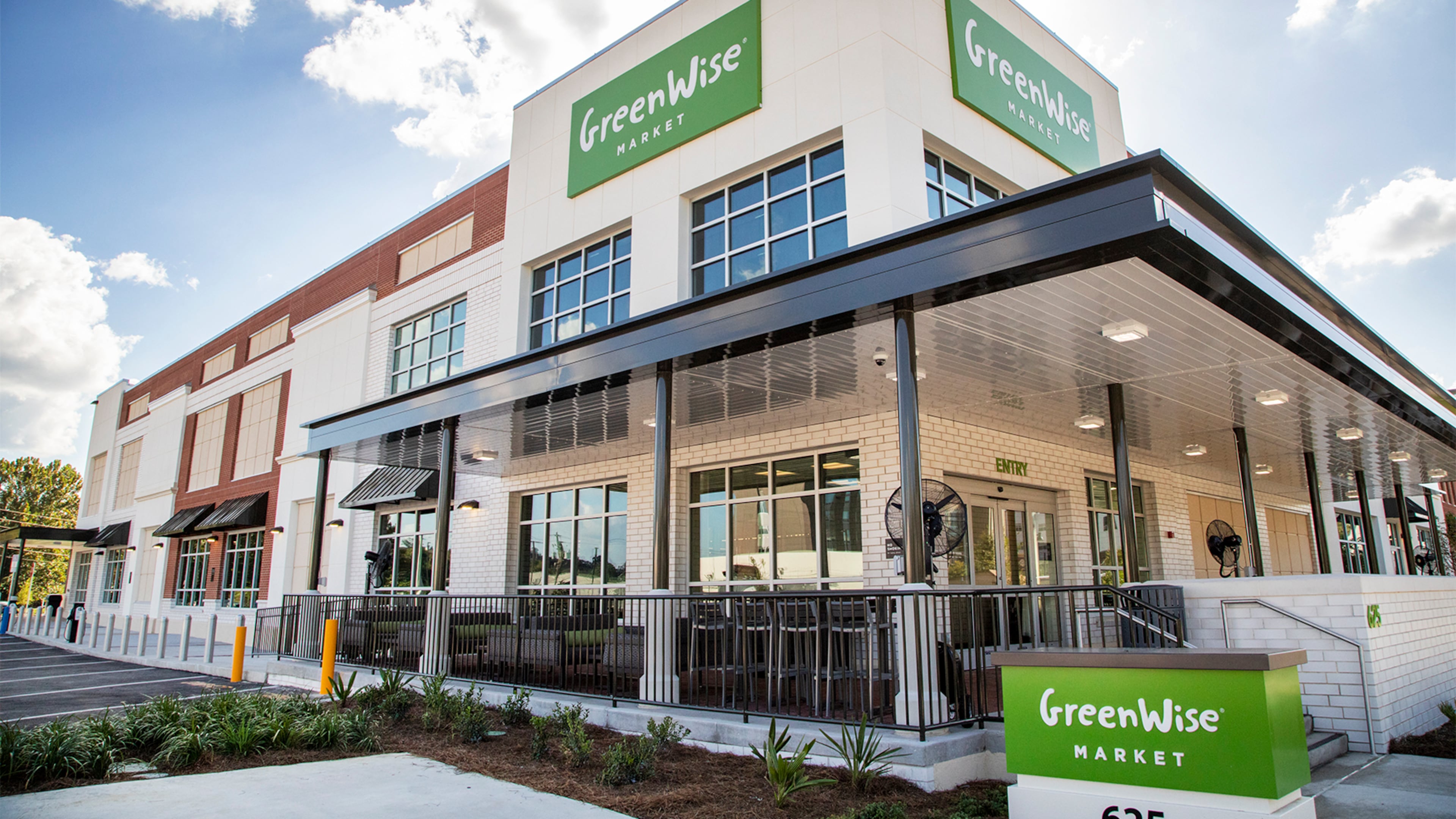Consumer expectation, technology pushing grocers to change

Publix is trying to keep pace in the hypercompetitive grocery market by opening the first Georgia location of its GreenWise natural foods store.
The 25,000-square-foot store, set to open April 8 in the Sandy Plains Exchange shopping center in Cobb County, will be smaller than a typical Publix and feature organic produce, antibiotic-free meat and pricier products as it tries to set itself apart and appeal to more discerning shoppers.
“You don’t want to have average products and average service, because then you appeal to no one,” said Garrick Brown, vice president of retail intelligence at Cushman & Wakefield.
Supermarkets face competition from all directions — deep discounters like Lidl and dollar stores, online delivery services like Amazon Fresh and Target's Shipt, and high-end offerings like Whole Foods and Sprouts. Grocers in metro Atlanta are testing all kinds of strategies to avoid the fate of Earth Fare, the Asheville, N.C.-based natural foods market that's closing all its stores.
The trick is to find a niche that appeals to a wide range of consumers, yet isn’t an exact copy of a rival’s formula and isn’t overly susceptible to online sales, Brown said.
No consensus has formed on the best way to proceed. Kroger has paused new store-openings in Atlanta, while Publix is opening new stores in Avondale Estates, Buford, Cumming, Monroe, South Fulton and on Johnson Ferry Road in coming months. It is trying to capitalize on consumers’ preference to choose their fresh produce and meat in person, said company spokeswoman Brenda Reid.
“Some people are very selective about what they want their bananas to look like,” she said.
Kroger’s only construction project in Atlanta is the renovation of its Chamblee-Tucker Road store in DeKalb County, said company spokesman Felix Turner.
But CEO William McMullen said during a December conference call with analysts that it is refining its online sales and delivery platform to build a competitive advantage.
“Providing our customers with the ability to have anything, anytime, anywhere from Kroger sets us apart from a large segment of our competitors,” McMullen said.
Most new grocery stores are opening in neighborhoods that already have multiple supermarkets. At the upcoming Avondale Estates location of Publix, consumers can also shop at a nearby Kroger, Sprouts, Whole Foods and Your DeKalb Farmers Market, all within a two-mile drive.
Shopping center developers are also interested in low-income neighborhoods that lack a supermarket, sometimes referred to as “food deserts,” said Jeff Fuqua, principal at Fuqua Development. His company built Kroger-anchored shopping centers in Grant Park and Edgewood when both were food deserts, he said.
“Stores in those areas consistently do very well in sales because there’s lots of density and a lack of competition,” said Fuqua, whose current projects include the GreenWise in Cobb.
Other U.S. supermarket chains have succeeded with a business model that features large store sizes and emphasizes customer service and prepared foods, such as H-E-B in Texas and Wegmans in the Mid-Atlantic, Brown said. Publix also stresses customer-service perks, such as baggers offering to carry groceries to cars.
“In-store prepared foods, improved store brands, those give consumers a reason to show up at their stores,” Brown said.
Retailers like Pier 1 Imports and Payless ShoeSource have shut down partly because their product offerings are vulnerable to online sales. But grocery stores occupy a place in the retail food chain that’s better suited to compete with e-commerce, Fuqua said.
“There are still a lot of grocery stores being built,” he said. “You’re not seeing the Amazon impact there.”



